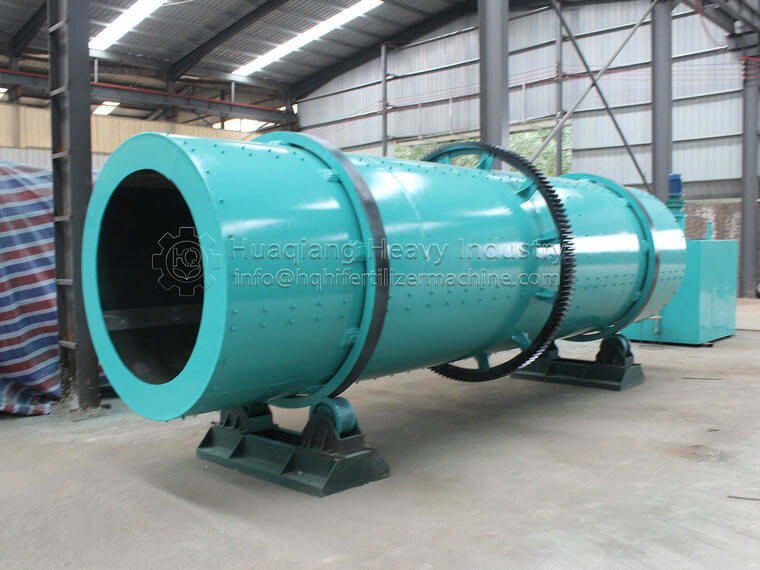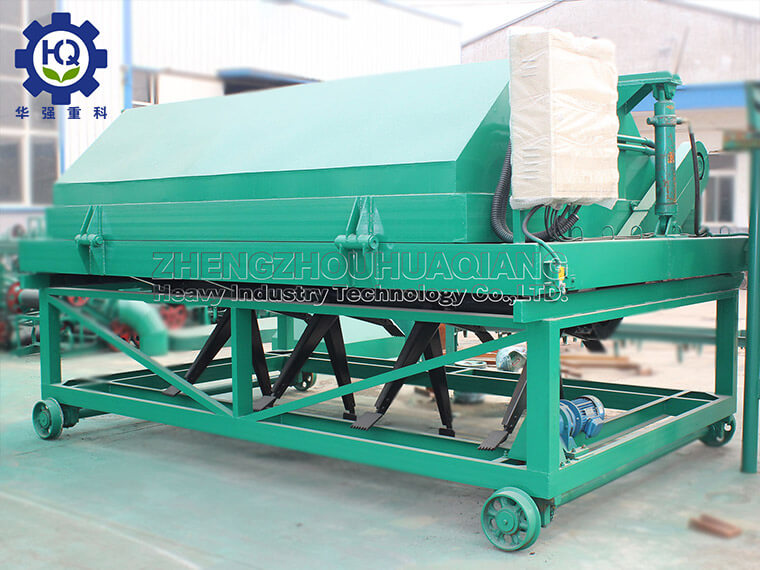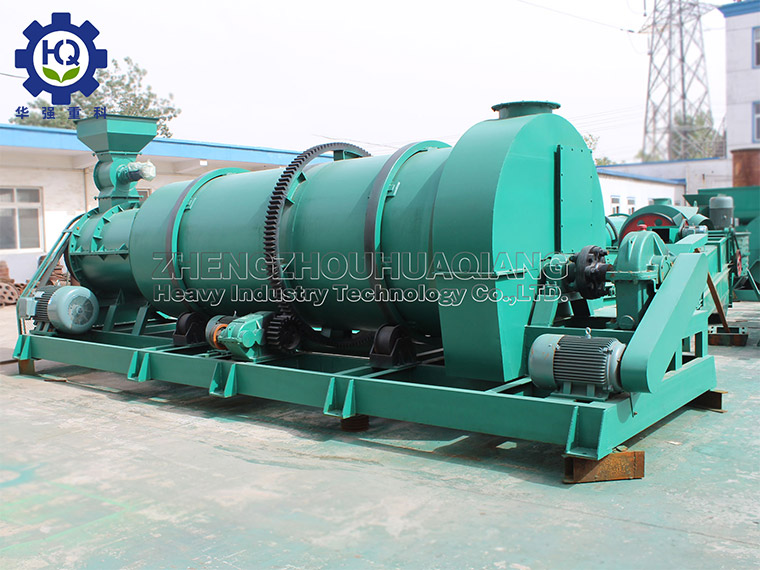Key points for process and equipment procurement of organic fertilizer production line
Now many people have a certain understanding of the organic fertilizer manufacturing process and equipment. For environmental reasons, the primary problem faced by breeding sites is how to deal with livestock manure. At this time, the organic fertilizer production line comes in handy.
Many people know that the production line of organic fertilizer is used to treat livestock manure into organic fertilizer. As an organic fertilizer equipment manufacturer, we also teach others how to make organic fertilizer. Now many countries and regions are also vigorously supporting the use of organic fertilizer, so many people want to buy a set of organic fertilizer production equipment to make fertilizer and make profits.
.jpg)
Organic fertilizer manufacturing process mainly includes equipment process
Composting machine — material grinder — blender — NPK fertilizer granulator — rotary dryer — rotary cooler — drum screening machine — coating machine — packaging machine.
Fermentation compost turning machine adopts advanced track, which can be lifted or not. The lifting type is mainly used in the working condition that the width of the tank is not more than 5 meters and the depth of the dump is not more than 1.3 meters. Pig manure composting fermentation dumper has a good limit switch, in the case of any abnormal situation, it can guarantee our safety in time, and also play a role in limiting the amount of materials.
Although the purchase of organic fertilizer production line mainly depends on the price, but the appearance is also very important. The appearance design should be able to meet consumers’ aesthetic point of view, so it can be comfortable to use. Now many manufacturers can customize colors, most of which can be customized according to users’ requirements. In addition, we should pay attention to the details of the equipment, whether the workmanship is fine, whether the welding trace is obvious, whether the screws are in place, and whether the appearance of the whole machine is smooth.
.jpg)


.jpg)


.jpg)

.jpg)